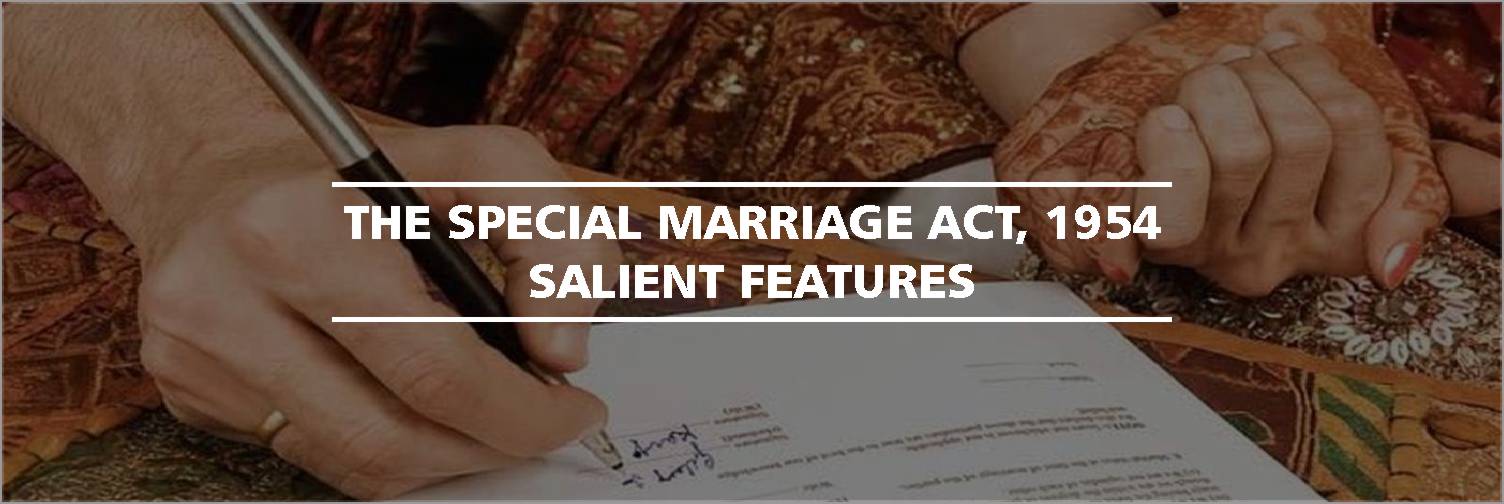Disclaimer: We strongly condemn the dowry system. The article is only meant to be read in relation to false dowry cases and undue harassment of men. The abuse of dowry laws is rampant these days. Having experienced such abuse, the Courts take their own course of time to pass a decision even when a case is seemingly genuine.
What is Dowry System?
Dowry system, in simple terms, refers to the durable goods, cash, and real or movable property that the bride’s family gives to the bridegroom, his parents, or his relatives as a condition of marriage. It is essentially in the nature of cash or some kind of gifts given to the groom’s family. It puts an unreasonable financial burden on the bride’s family. In many cases, non-fulfilment of demands have led to heinous crimes against women. They undergo emotional abuse, physical abuse and are sometimes even killed for not bringing enough dowry. Dowry system is a reality and there are enormous cases to prove it.
It’s Origin
There is no record which tells when exactly the dowry system started and who started it. Some sources suggest that what is called dowry today was rather an inheritance from the father to the bride for the purpose of financial and material security. Hindus practised the tradition of transferring movable and/or immovable property to their daughters at the time of marriage. This transfer of material possessions and gifts was a voluntary system which was considered to be a moral duty of the father. But gradually, women lost rights to their own property too and whatever brides received as a part of dowry was automatically taken to be a possession of the groom and his family. In the course of time, this voluntary tradition of giving gifts became an exploitative system of compulsory demands made by the groom’s family.
The Laws against Dowry
To consolidate the already passed laws in certain different states, The Dowry Prohibition Act, 1961 was enacted. This legislation provides for a penalty in section 3 in the event of any person giving, taking or abetting dowry. The punishment could be imprisonment for minimum 5 years and a fine more than ₹15,000 or the value of the dowry received, whichever is higher. Any property or valuable security is given or agreed to be given in connection with the marriage is defined to be treated as dowry. In cases of gifts given at the time of marriage without any demand raised are not punishable.
False Dowry Cases
Notwithstanding the fact that the system of dowry still prevails in its full form in many parts of our country, the Courts have also witnessed enormous false dowry cases where the law is simply misused and abused even at times of minor marital discords. In many cases, women resort to false allegations and accusations of dowry demand and harassment. In recent years, the courts have observed that anti-dowry laws were being used by disgruntled wives as weapons rather than as shields. They are being used out of malice, vendetta or simply greed of alimony or maintenance. False dowry cases have rather become a trend to dominate over husbands and their family and to make them submit to unreasonable demands.
The trend of the latest judgements depicts that the Supreme Court no longer treats women as innocent victims. The apex court, in a recent judgement, has directed that a district-level family welfare shall be established and that no arrests will be made in a dowry case without verification of the validity of the charges. Though the appointment of such committees is an additional expenditure in administering justice in the country, the move is expected to save many men and their families from undue harassment.
A false case on a husband and his family using baseless and false allegations not only adds to mental harassment but also media trial and social embarrassment. It amounts to losing self-respect and pride which is difficult to regain even after successful acquittal. The judiciary highly condemns women who use it as a weapon of vengeance and personal vendetta.
Women are becoming the enemies of fellow women by misusing the laws for personal gains. Frequent cases of misuse have forced the courts to dilute the available legal provisions for women. Women approaching the police or courts with false accusations and made-up stories are hurting their own cause. In a recent case, the Madras High Court clarified the family courts do not treat husbands like “armless soldiers” and order them to pay maintenance to wives in a manner that is rather “mechanical.” Men have their parents to support and most of the women these days are capable to hold their own.
What should you do when a false dowry case is registered against you?
In case of a false dowry case registered against you by your wife, you can follow the route of defence. You have following options for defence
a.) Collect Evidence
- Keep a record of all conversations where you are being threatened of a false dowry case.
- Collect evidence to prove that you have neither taken any dowry nor demanded it.
- Collect evidence to prove her unreasonable decision of moving out and filing false cases.
b. ) Safeguard your Family
Under section 498A, the parents of the husband are not immune. There are many cases where the whole family suffers and at times, is put behind the bars just on the basis of one false complaint. In such a situation the husband can take the following steps to safeguard his family:
- Lodge a complaint about being blackmailed and threatened with false allegations.
- Show the collected evidence regarding blackmailing to the police and request them to take necessary action.
- Apply for anticipatory bail when there is an apprehension of an FIR being lodged against your and/or your family members
- Consult a lawyer and file RCR (Restitution of Conjugal Rights) in case your wife leaves her matrimonial house after all the blackmailing and threatening.
Limitations of this move
- Police may not easily write down the complaints of men. Also, how the complaint is drafted is critical. Consulting an experienced lawyer in such matters is a good idea.
c.) Decide the terms of the settlement in writing
- In cases of compromise and settlement, make sure not to give or promise any money. By doing this, you indirectly accept that you have taken dowry. This could encourage more fraudulent women to indulge in false complaints about the sake of making money. Your lawyer’s role in negotiations will be very important.
- If at all you are required to pay money, seek help from a good lawyer and make the payment only after the Court orders you to do so. Get the agreed upon settlement conditions written and signed by both the parties and their respective families.
d.) Raise your voice against the issue of false complaints
- Fight for your rights and raise your voice against the undue harassment that men have to face because of the misuse and abuse of dowry laws.
- Write letters to media, human rights institutions and organizations, share your grievances on social media forums explaining the misuse of Section 498A. This will not ensure you absolute legal protection but it is a fundamental step to be able to generate awareness among the masses.
To fight false dowry cases, you should have a record of the fact that you have been just and fair to your wife and her family at the time of marriage and during your married life. Should there be any difficulty, need of follow-up action or a circumstance that you’re unable to deal with on your own, seek help from an experienced lawyer?









